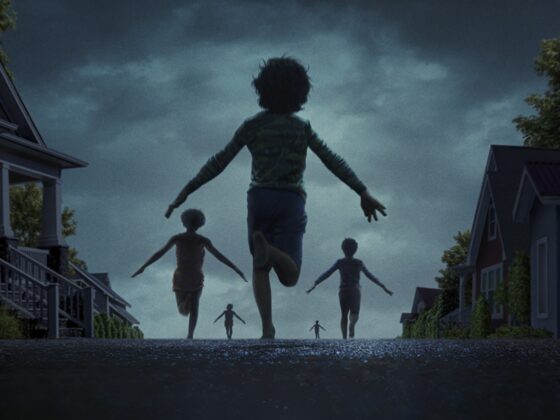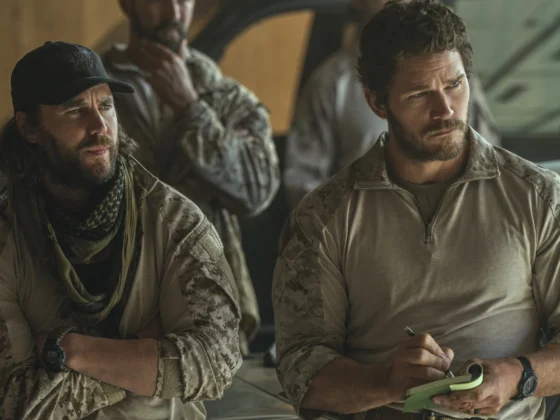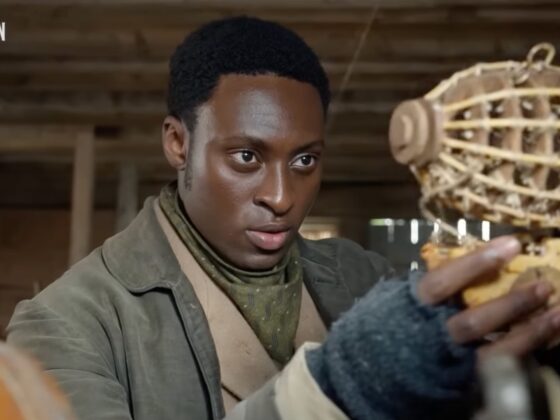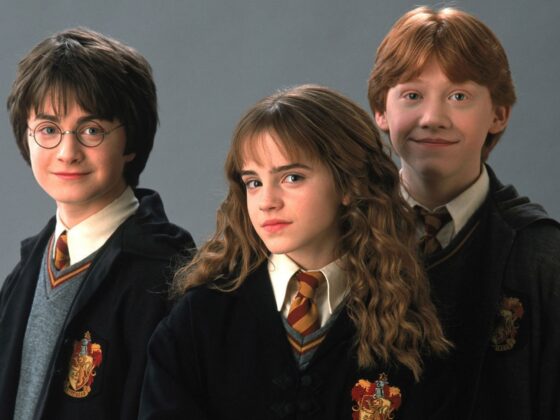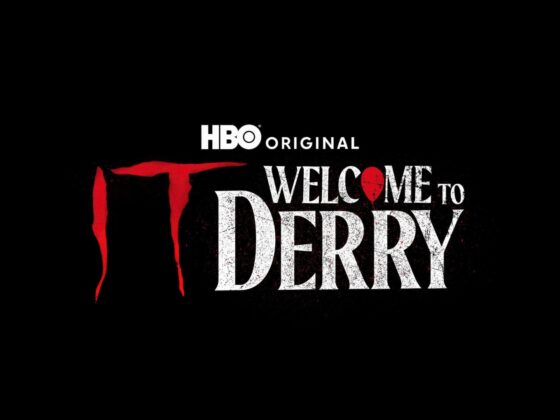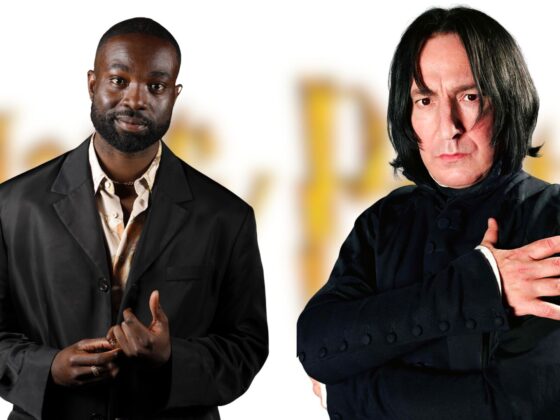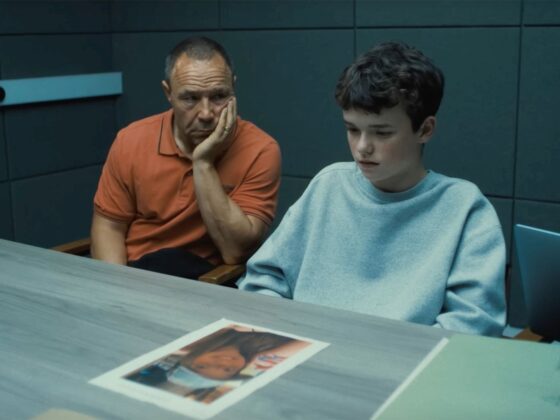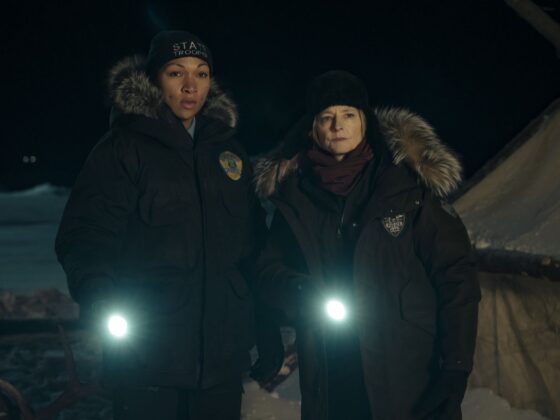After six years of silence, the fantastic Netflix series Mindhunter might be clawing its way back from the graveyard of canceled shows. The psychological crime drama that thrilled audiences with its chilling exploration of serial killer psychology could return in an unexpected format.
Holt McCallany, who played FBI agent Bill Tench in the original series, recently revealed that creator David Fincher has floated the possibility of reviving Mindhunter as three two-hour movies rather than traditional TV episodes.
This revelation came during a recent meeting between McCallany and Fincher, which was the first concrete discussion about the show’s future in years (thanks, Screenrant).
The original series, which premiered in 2017, followed the FBI’s emerging Behavioral Science Unit in the 1970s as agents pioneered criminal profiling techniques. Jonathan Groff and McCallany starred as FBI investigators who interviewed imprisoned serial killers to understand their psychology, while Anna Torv played a psychology professor who helped establish their methods.
Its unflinching portrayal of real-life murderers like Charles Manson and Ed Kemper (boy, do I still get shivers from that hospital scene), combined with Fincher’s meticulous direction, earned the show critical acclaim and a devoted fanbase.
Despite its quality, Mindhunter faced the harsh reality of streaming economics. Fincher previously explained that Netflix considered the series too expensive relative to its audience size, leading to its cancellation after two seasons.
The show’s production demands were especially grueling, requiring months of intensive filming in Pittsburgh for each season. Fincher admitted the workload was overwhelming, especially since he served as an unofficial showrunner while simultaneously directing episodes.
Now, the potential movie format would provide a creative solution to the show’s previous challenges. Six hours of content spread across three films would essentially deliver the equivalent of a traditional TV season while potentially reducing production complexity.
Writers are reportedly already working on scripts, though Fincher’s approval remains the crucial hurdle. The perfectionist director has always maintained high standards for the material, previously scrapping entire scripts for the second season when they didn’t meet his expectations.
This development comes at an interesting time for Netflix, which has dramatically increased its content spending since Mindhunter‘s cancellation. The streamer’s previous cost concerns may no longer be as pressing, especially given the show’s continued popularity and cultural impact.
The fact that McCallany is already working with Netflix on another project, The Waterfront, could simplify scheduling and logistics if the movies move forward.

The third season of Mindhunter was originally planned to shift the action to Los Angeles and explore how criminal profiling entered mainstream consciousness. Fincher had envisioned collaborations with renowned directors Michael Mann and Jonathan Demme, though Demme’s passing in 2017 changed those plans.
However, there are still some major obstacles that need to be overcome. Fincher has been incredibly busy since Mindhunter ended, working on Netflix films like Mank and The Killer and recently taking on a high-profile sequel project. Jonathan Groff, who played FBI agent Holden Ford, has also been occupied with other commitments.
McCallany stressed that while the possibility exists, it remains far from guaranteed.
“And I felt very fortunate and privileged to have gotten to do that show at all. I would love it if it were to return. I think, like I said, you know, he gave me a little bit of hope when I had that meeting with him, but the sun, the moon, and the stars would all have to align.”
Fans who have spent years hoping for the show’s return will appreciate this news given the silence surrounding the project. The movie format might actually serve the story better, allowing for more focused narratives without the pressure of filling traditional episode counts.
Mindhunter‘s continued cultural relevance and fan dedication suggest there’s still an appetite for its particular brand of psychological crime drama. Given the success of Dahmer, Netflix has likely recognized the strong audience appeal of shows centered around serial killers, which could mean a more favorable outlook on Mindhunter moving forward.


